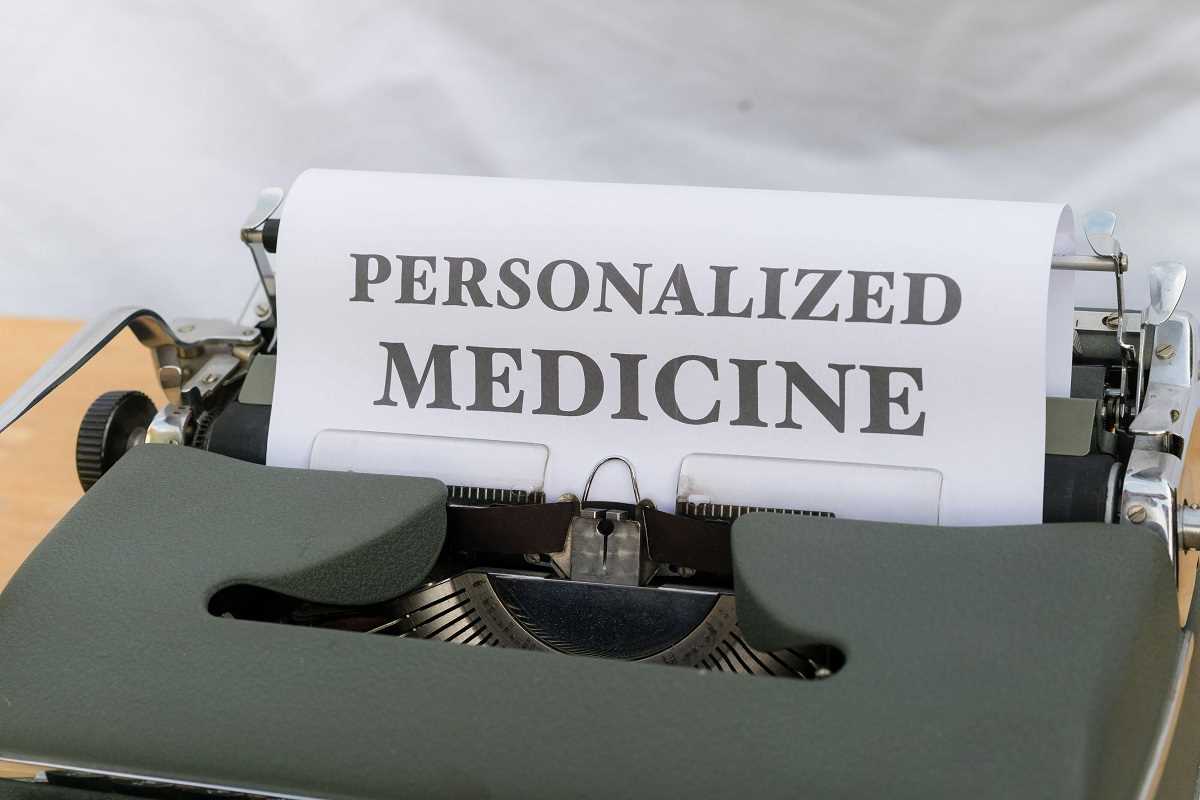Working as a funeral director is more than just facilitating funeral services; it’s about guiding bereaved families through one of the most challenging times in their lives. Funeral directors provide emotional support and logistical expertise while ensuring that cultural and personal preferences shape meaningful farewells. This career combines compassion, organizational prowess, and resilience, making it a unique and fulfilling profession.
If you feel called to help others process loss and create meaningful, memorable ceremonies, you might find your purpose as a funeral director. Here’s an in-depth look at what the career entails, the skills and education necessary, and how you can take steps toward success in this deeply rewarding profession.
The Role and Responsibilities of a Funeral Director
Funeral directors – sometimes called morticians or undertakers – are professionals who oversee the planning and execution of funeral services. Their role goes far beyond logistics; they become helpers, mediators, and confidants for grieving families who trust them to organize a respectful tribute to their loved one.
Some key responsibilities include:
- Planning Funeral Services: Collaborating with families to determine the type of service (burial, cremation, or memorial) and selecting venues, dates, and specific ceremonies.
- Handling Legalities: Processing death certificates, permits, and other required documentation to meet regulatory requirements.
- Coordinating Logistics: Arranging transportation for the deceased, booking service venues, and liaising with cemeteries or crematories.
- Providing Emotional Support: Displaying empathy and patience while working with grieving families, often helping them make difficult decisions.
- Managing Financial Elements: Providing quotes, creating service plans within budgets, and handling payments for third-party services.
- Preparing the Deceased: Ensuring that the deceased is dressed and groomed according to the family’s request (this may include embalming or cosmetology services).
Funeral directors often handle both the behind-the-scenes management and frontline interactions, making this role multifaceted and detail-intensive, but deeply meaningful for those who find joy in helping others heal.
Skills and Personal Qualities Needed
Thriving in this field requires much more than technical expertise. Because funeral directors deal with a vulnerable and emotionally charged clientele, personal traits such as empathy and diplomacy are critical.
Key Skills and Qualities:
- Empathy and Compassion: At the heart of the role is the ability to offer comfort. Understanding the emotional needs of grieving families is essential to providing a positive and supportive experience.
- Communication Skills: Funeral directors need to explain complex information to families in a straightforward yet sensitive way. From discussing service options to reviewing legal paperwork, clarity and tact are essential.
- Organizational Skills: Planning a funeral involves juggling numerous tasks – from scheduling services to complying with legalities – often within tight timeframes. Attention to detail and excellent time management are critical.
- Problem Solving and Flexibility: No two funerals are the same, and unexpected issues can arise. It’s important to think on your feet and find creative solutions in high-stress situations.
- Resilience and Professionalism: Dealing with grief every day requires emotional toughness. Funeral directors must maintain composure and professionalism while offering compassion.
- Cultural Sensitivity: Funeral services often reflect the cultural and religious beliefs of the deceased and their families. A successful funeral director respects and accommodates diverse traditions and practices.
The Educational Path to Becoming a Funeral Director
Becoming a funeral director typically requires completing specific academic and practical training, as well as obtaining licensure. If you’re interested in entering this profession, here are the key steps to follow.
1. Earn a High School Diploma
A high school diploma (or equivalent) is the baseline requirement before advancing into specialized education in mortuary science or funeral service.
2. Pursue a Degree in Mortuary Science
Most aspiring funeral directors enroll in an associate degree or bachelor’s program in mortuary science, which provides them with essential knowledge in embalming, grief counseling, business management, and funeral service principles.
Where to Study:
- American Board of Funeral Service Education (ABFSE) - Offers a list of accredited programs for mortuary science across the U.S.
- Check local institutions or colleges that offer programs in funeral service education to find one that suits your needs.
3. Complete Apprenticeship or Internship
Most states or countries require funeral directors to complete a practical apprenticeship under the supervision of a licensed professional. This hands-on experience allows you to practice skills like embalming, planning services, and interacting with families.
4. Earn Licensure
Almost all regions require funeral directors to be licensed. Requirements vary but often include passing a state or national board exam, completing continuing education credits, and accumulating work experience.
Licensing Resources:
- The International Conference of Funeral Service Examining Boards (ICFSEB) - Provides information about national board exams and state requirements.
- Check your local government or regulatory body’s website for specific licensing processes in your region.
5. Explore Continued Education
The funeral service field is constantly evolving, with new technologies and shifts in cultural practices impacting how families honor their loved ones. Continued education can help you stay knowledgeable and offer innovative services like eco-friendly burials or digital memorials.
Building a Career as a Funeral Director
To establish a successful career as a funeral director, you need more than formal education. Here are some tips to help you make meaningful and lasting contributions in this field.
1. Gain Practical Experience
Start your career by working with funeral homes in entry-level positions or internships. Experience helps you develop industry expertise, build confidence, and expand your professional network.
2. Develop Strong Relationships
Networking within the funeral service community can lead to opportunities for mentorship and career growth. Attend industry conferences, join professional organizations like the National Funeral Directors Association (NFDA), and connect with peers to stay informed about industry trends.
3. Embrace Technology
Modern funeral directors incorporate technology into their services. Offer virtual memorial services, create online planning tools, or build social media profiles for your business to reach new audiences and streamline communication.
4. Be an Advocate for Your Clients
Grieving families may not know what they need or how to express their wishes. Demonstrating genuine care and upholding transparency builds trust and can significantly improve their experience.
5. Specialize in Niche Services
Gaining expertise in specialized areas, such as green burials, military honors, or multicultural services, can set you apart from competitors. Clients often seek directors who understand their unique customs or preferences.
6. Practice Self-Care
Given the emotional demands of this work, prioritize your mental health. Lean on colleagues, seek professional support, or practice stress management to maintain your own well-being while supporting others.
Making a Difference One Family at a Time
Becoming a funeral director is more than a career; it’s a calling to provide comfort and clarity to families during their most vulnerable moments. It requires balancing logistical precision with genuine empathy, allowing every client to say goodbye in a way that feels meaningful to them.
While the work is demanding, the rewards are profound. Funeral directors play a crucial role in helping communities heal, ensuring that every life is honored with dignity, respect, and care. If you’re prepared to combine education, compassion, and dedication, this could be the perfect career for you.
.jpg) (Image source: Midjourney)
(Image source: Midjourney) 





.jpg)